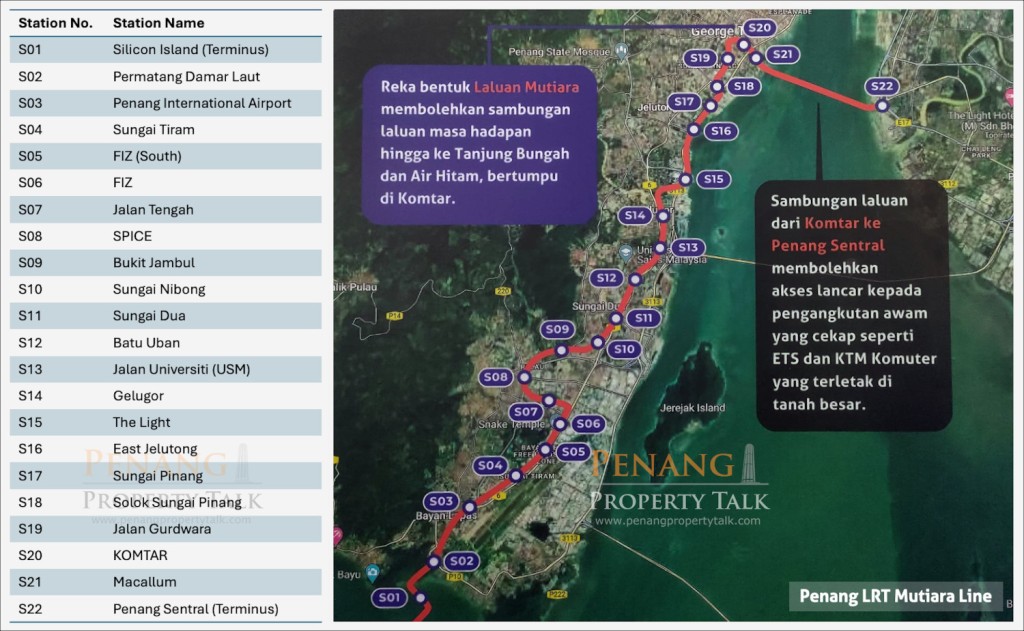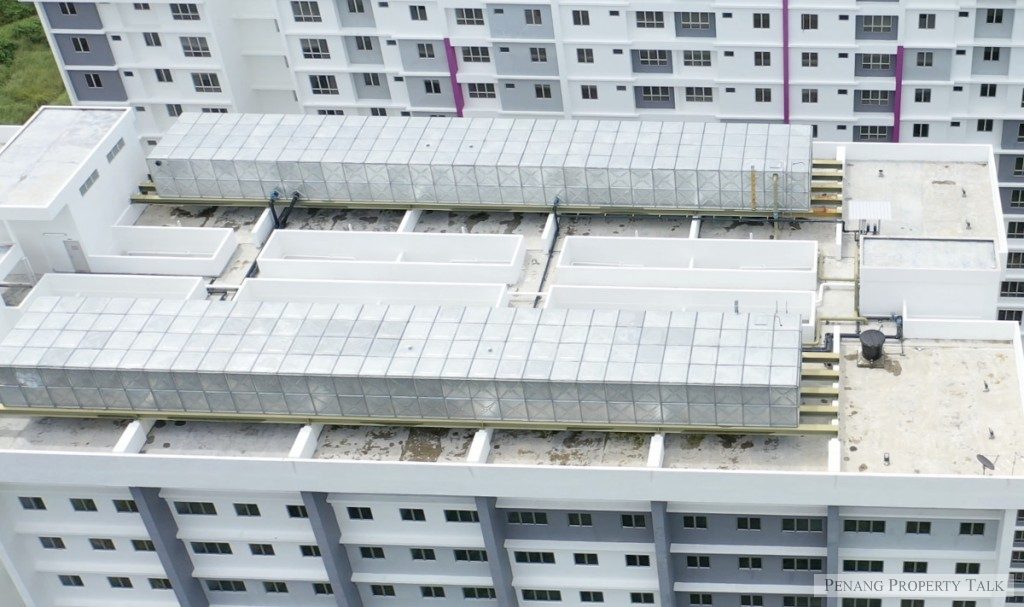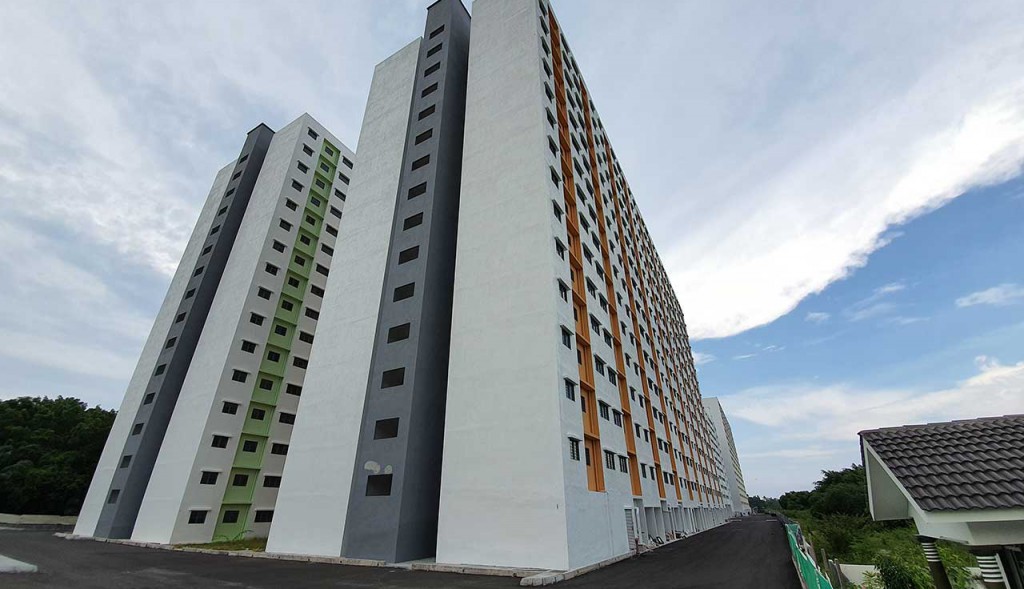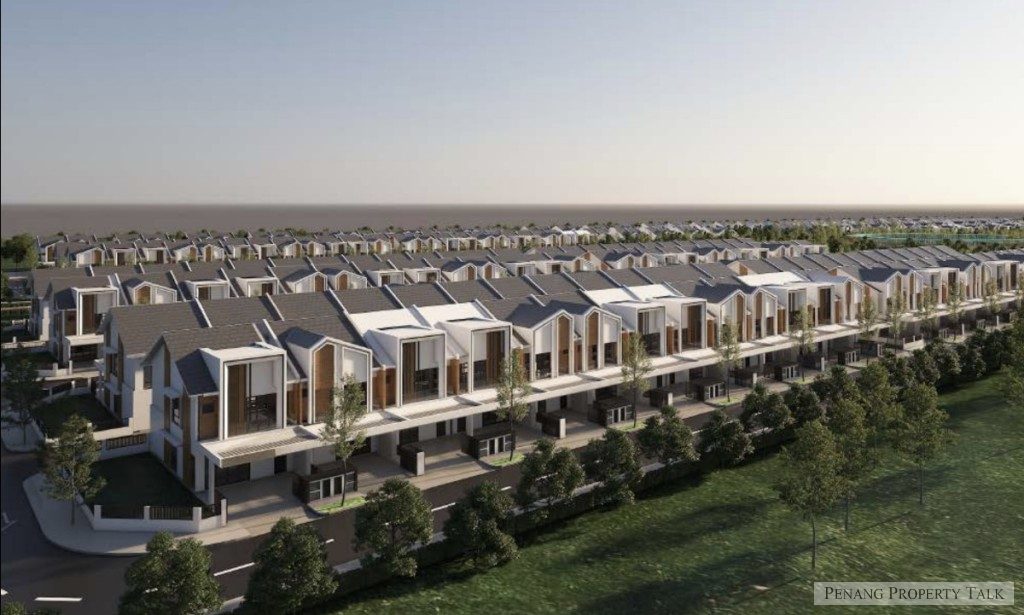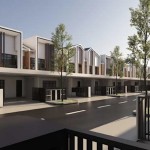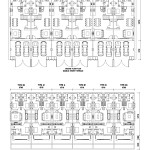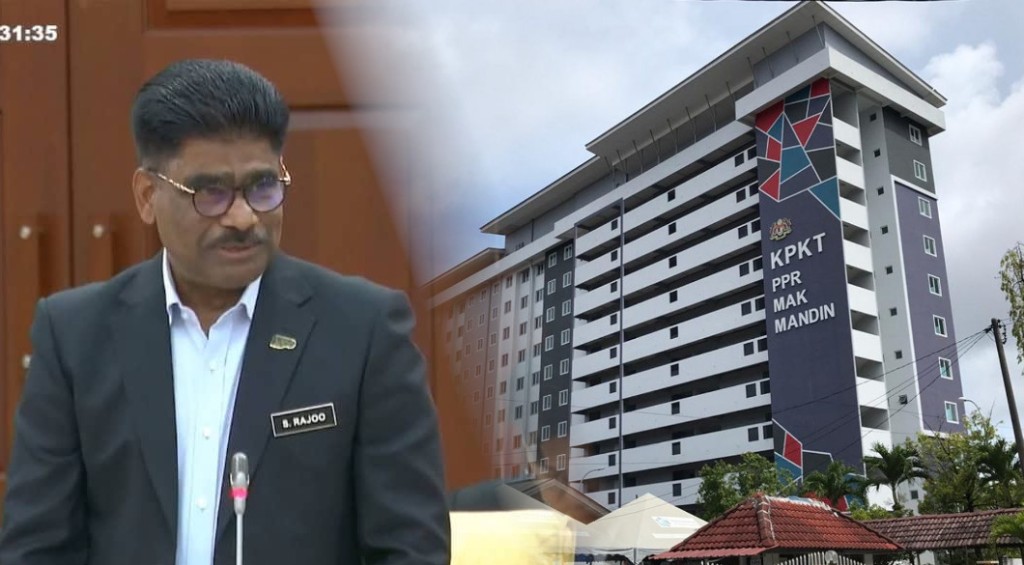
Penang State Housing and Environment Exco, Dato’ Seri S. Sundarajoo, has announced that tenants of the People’s Housing Programme (PPR) with household incomes exceeding RM1,500 per month may still apply to reside in the same housing units for an additional three years, subject to consideration by the Penang State Housing Board (LPNPP).
This announcement came in response to a supplementary question posed by Sungai Puyu State Assemblyman, Phee Syn Tze, during the First Meeting of the Second Session of the 15th Penang State Legislative Assembly today.
“The State Government is willing to lease these houses to such categories (i.e., the 40 percent lowest income group, B40) for three years, with the hope that the economic status of these families can improve within that timeframe. If not, they can apply to rent the PPR for another three years,” explained Sundarajoo, who is also the State Assemblyman for Perai.
During the oral question session, Syn Tze highlighted that since May 1, 2022, the Federal Government had enforced a minimum wage of RM1,500 per month for all employers with five or more employees.
Referring to the enforcement guidelines, she inquired whether the State Government planned to amend some of the eligibility criteria for renting PPR flats, which currently stipulate that household incomes must not exceed RM1,500.
“Since the implementation of the RM1,500 minimum wage, many PPR tenants automatically no longer qualify to rent PPR units as they exceed the eligibility criteria set by LPNPP. Therefore, the existing income is insufficient to meet the family’s needs even if both husband and wife work. What are the State Government’s proposals and efforts to ensure the continued rental eligibility of these B40 groups in PPR units?” he asked, suggesting that LPNPP revise the existing PPR rental eligibility criteria.
Sundarajoo explained that LPNPP is currently conducting a review of the Household Income Limitation at the state level.
“This matter will be thoroughly examined before being brought to the State Authorities for approval. As of April 30, 2024, a total of 940 individuals have registered and are awaiting offers for rental housing (PPR),” he stated, while also mentioning that they are updating applicant data through the Housing Information System (SMP).
In related developments, Sundarajoo also disclosed that the State Government, through LPNPP, aims to provide a total of 220,000 Affordable Housing Units (RMM) by 2030 in the state, with 10 percent or 22,000 being distributed under the Rent-To-Own Scheme.

